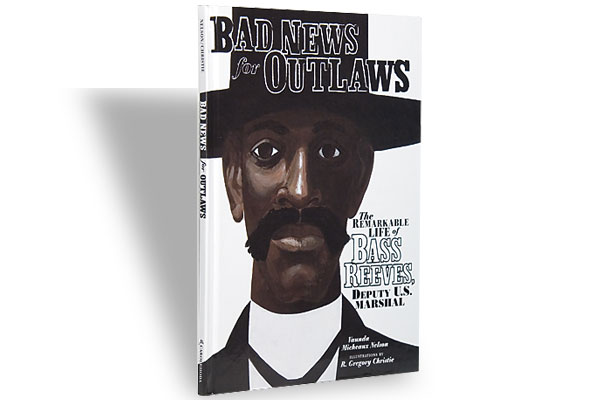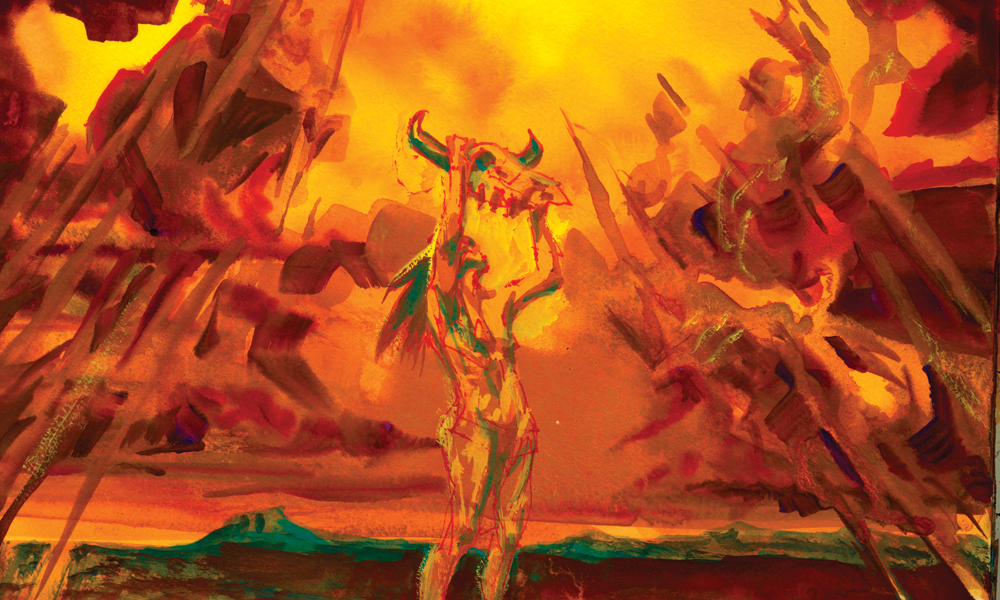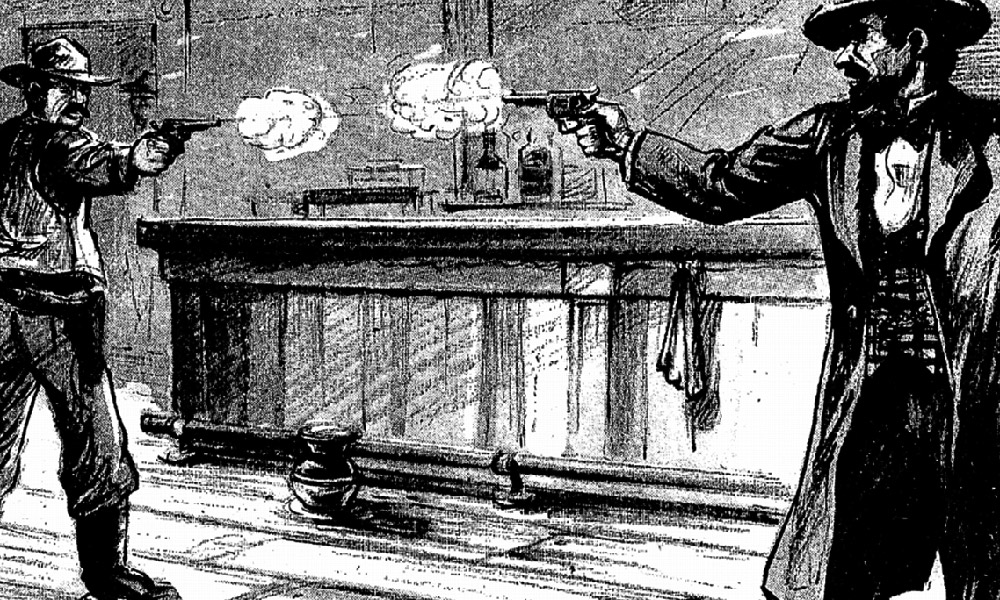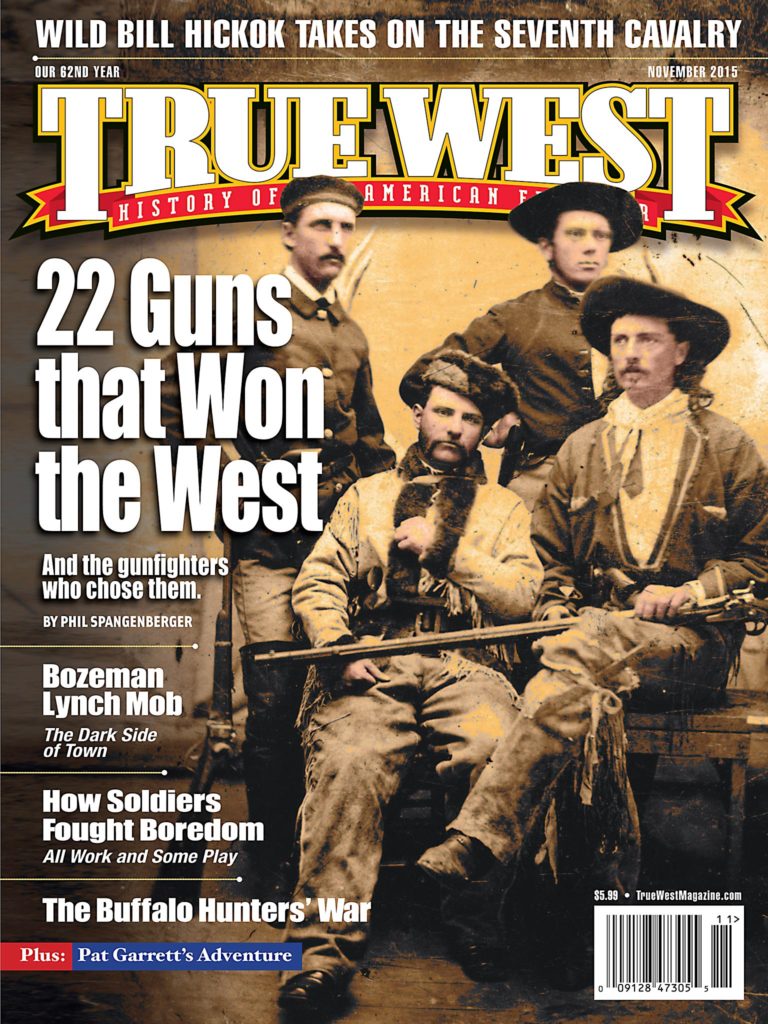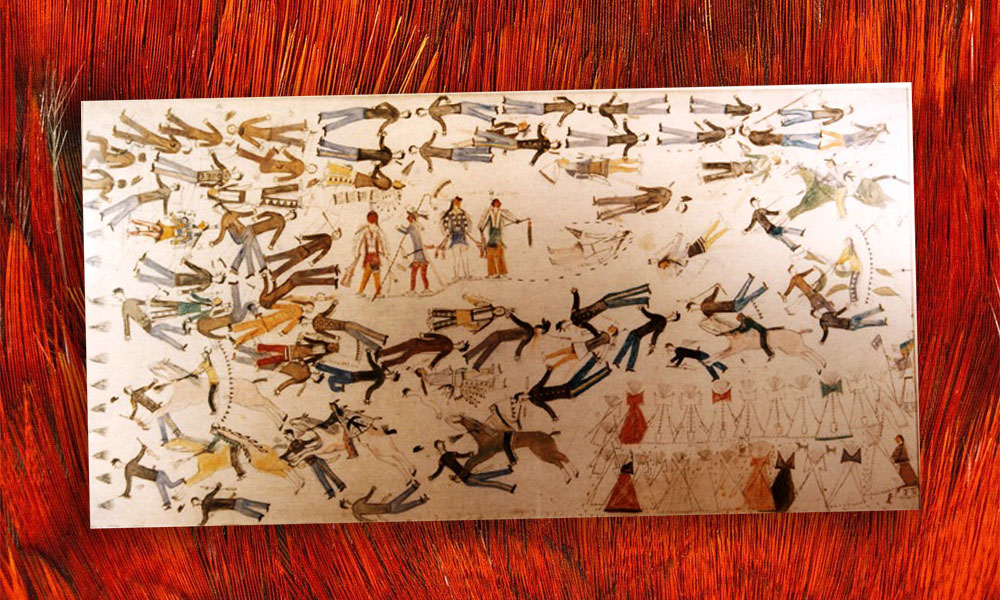
According to The Old West Quiz and Fact Book by Rod Gragg, “After the Battle of the Little Big Horn, the Seventh Calvary’s wounded were placed on the steamboat Far West for transportation back to Fort Abraham Lincoln. The boat’s captain, a veteran riverman named Grant Marsh, brought the wounded and the first full account of the battle back to the fort so quickly that he set a speed record on the Yellowstone and Missouri rivers—seven hundred miles covered in fifty-four hours.”
Meanwile, Gragg also noted, two reports were written about the battle by Custer’s superior officer, General Alfred H. Terry. One was designed for public release, the other—critical of Custer—was meant only for the Army high command. In Washington, D.C., General-in-Chief William T. Sherman sent the private report to the Secretary of War by someone he thought was a civilian messenger. But it turns out, he put it in the hands of a reporter for the Philadelphia Inquirer, which printed the controversial report for all to see.


